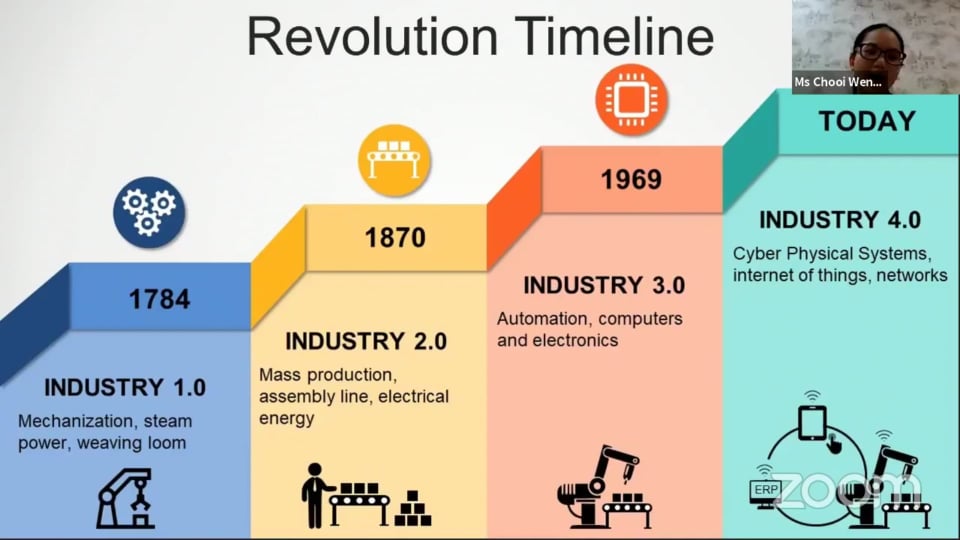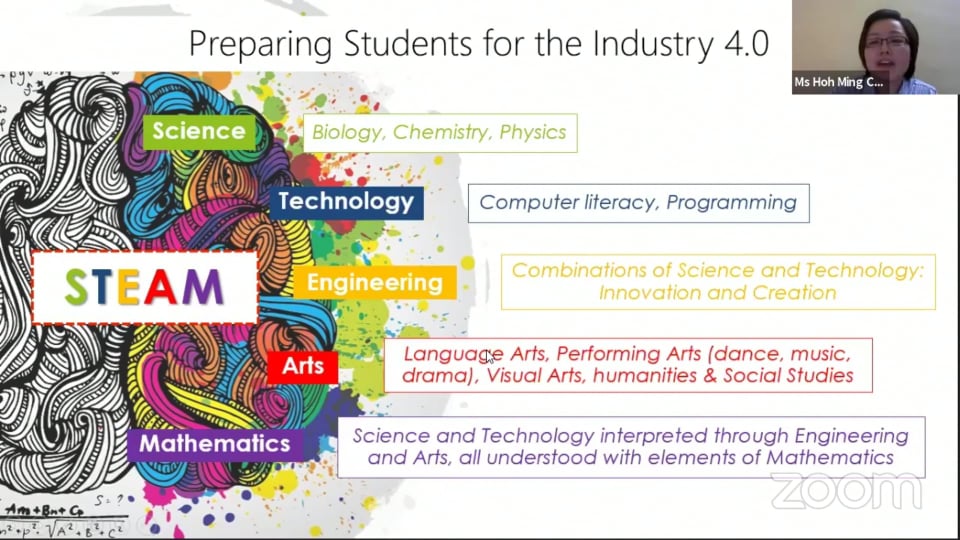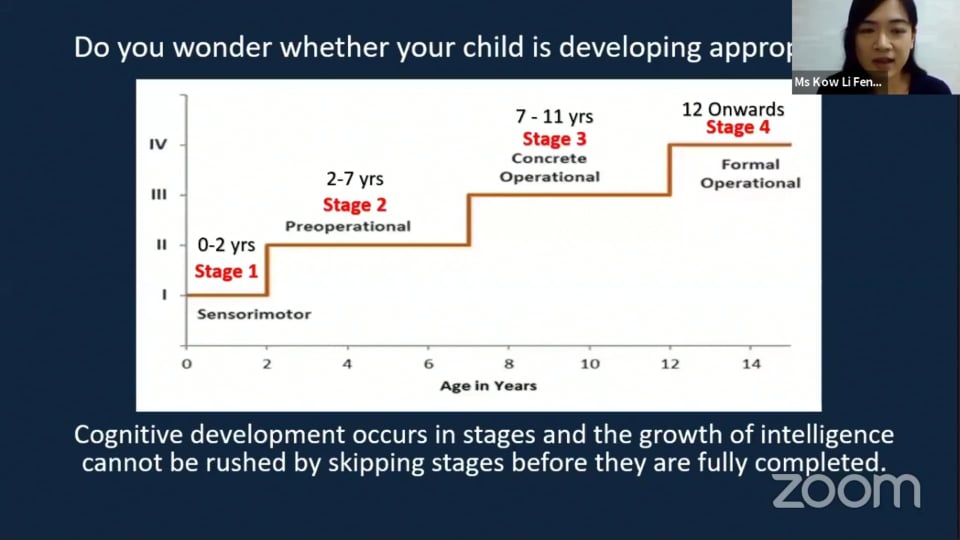Preparing the workforce for Industrial Revolution 4.0
The Industrial Revolution 4.0 represents the combination of cyber-physical systems and the Internet of Things (IoT). It will affect everyone’s life including how one lives, works and communicates. Some believe more and more jobs will be taken over by artificial intelligence and robots, while others say this revolution will bring more job opportunities for our society. Experts in business and technology agree that the Industry Revolution 4.0 will bring a fundamental change in various sectors such as education, manufacturing as well as other professional sectors. To survive and thrive, youths have to gear up with essential skills to face the revolution. Hence, it is pertinent for parents and educators to prepare the youths for such a future.
With the aim to explore how educators and parents can help in empowering youths with necessary skill sets that could enable them to face career challenges ahead, UTAR Centre for Foundation Studies of Kampar Campus (CFS) organised a webinar titled “Riding the Revolution: Preparing our Youth for Industry 4.0” on 22 July 2020 via Zoom.
The talk was conducted by CFS academics, namely Chooi Wen Xin and Hoh Ming Chee from the Department of Science and Engineering; Kow Li Fen and Bhargkavi Pari from the Department of Arts and Social Science. It was moderated by CFS lecturer Cynthia Choo Pei Yi. The four speakers’ expertise lies in the area of digital technology and social psychology.
Chooi began the talk by introducing the Industry Revolution Timeline and its impact. According to her, the Industry Revolution 4.0 is the latest industrial revolution and it will affect various areas. For instance, the interface of machines and devices was transformed from button to voice and gestures, decision-making data and spreadsheet was taken over by artificial intelligence; there are transportation and mobility without drivers as well as using robots as manpower in factories.

Chooi explaining the Industry Revolution Timeline
“Industry Revolution 4.0 is mainly about Intelligence. Thus, in Industry Revolution 4.0, everything is connected and cyber no matter physical or virtual,” Chooi said. Besides explaining the industrial revolutions, Chooi also introduced several terms and concepts that were related to Industry 4.0.
The next session was continued by Hoh where she focused on how educational institutions could help students to face Industry Revolution 4.0. Hoh recommended the educational concept “STEAM” to prepare university students for Industry Revolution 4.0. “STEAM” refers to Science (S), Information Technology (T), Engineering (E), Arts (A) and Mathematics (M).

Hoh introducing “STEAM”
“Many have neglected the creativity skill but it is an essential skill to make Industry Revolution 4.0 a success. Thus, universities should place emphasis on Arts-based courses to boost students’ creativity,” said Hoh.
“The ‘Arts’ in ‘STEAM’ does not only involve drawing, but also learning the arts of performing, humanity, language ability and various communication skills,” Hoh said and added, “By implementing STEAM in our education, we hope to equip students with the 10 essential skills suggested by ‘Future of Jobs Report, World Economic Forum’ so that they will be able to face the challenges of Industry Revolution 4.0. The 10 essential skills include creativity, complex problem solving, critical thinking, people management, coordinating with others, emotional intelligence, judgement and decision making, service orientation, negotiation as well as cognitive flexibility.”
Kow encouraged parents to educate and train their children from an early age. Kow cited Jean Piaget’s Cognitive Child Development Stages to support her statement. Piaget’s Cognitive Child Development is divided into four stages. “By understanding Piaget’s Cognitive Child Development Stages, parents can train their children to acquire skills like creativity, communication skills, emotional intelligence, language skills, hypothetical thinking and reflective thinking during their growth from age 0 - age 12. With skills like hypothetical thinking, one could learn how to solve the problem by thinking why certain outcomes appear. Through hypothetical thinking, one will also be able to find the best way to solve the problem,” Kow explained.

Kow explaining Jean Piaget’s Cognitive Child Development Stages
Bhargkavi continued the session with her talk focusing on the impact of Industry Revolution 4.0 on society as well as one’s mentality. She mentioned that the failure to adjust to the rapid technological change will cause a lag or a gap.
“Some people might fall behind as they need more time to pick up the new technology. It is important, however, to consider how quickly the schools were able to look for the best tools to aid education today. It is all thanks to Industry Revolution 4.0. Besides, the ability of teachers to adapt should also be taken into consideration,” Bhargkavi said.

Bhargkavi suggesting three ways to support youths
Speaking of essential skills, Bhargkavi said parents should make sure their children have skills such as creativity, resilience and adaptability. She advised parents and teachers to teach children how to “learn, relearn and unlearn”.
While ending the talk, Bhargkavi said, “This involves lifelong learning. People need to make sure what they learn is contributing to their lives. Youths should learn how to differentiate and learn things when the situation calls.”
The webinar ended with a Q&A session. It saw more than 80 participants in attendance.

